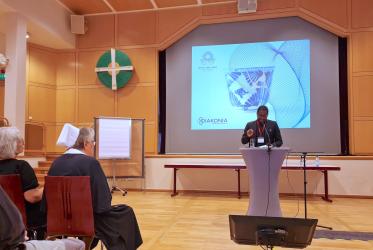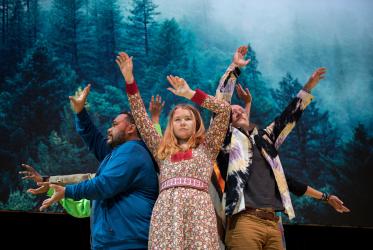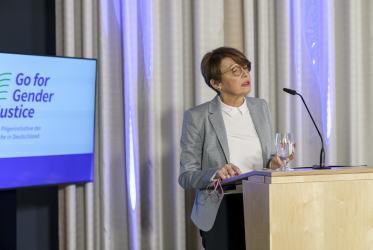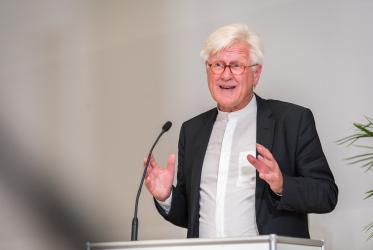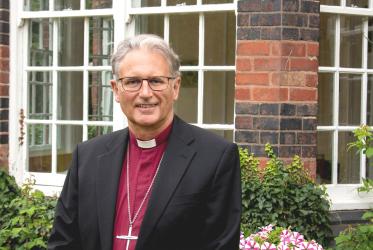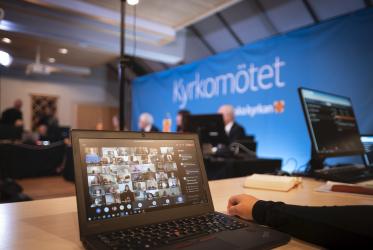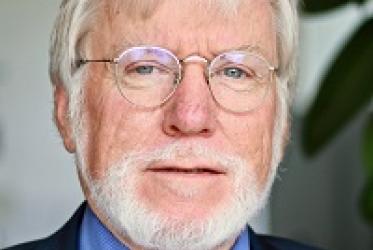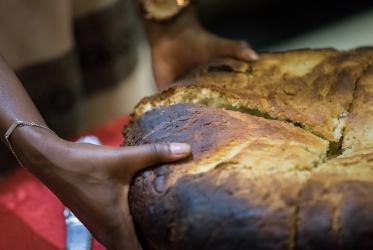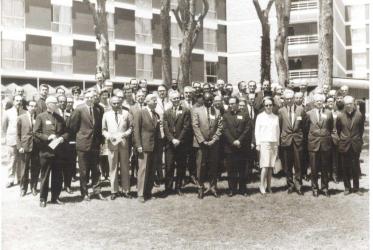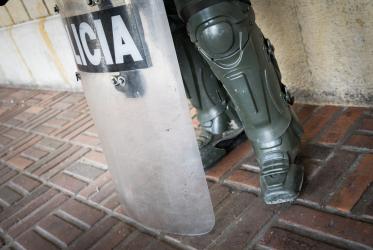Displaying 1 - 20 of 46
The earth is the LORD's… and the Lord is claiming it back
07 September 2022
Scottish and UK religious leaders call for urgent climate action
20 September 2021
Digital communicators weigh a future with “profound values at stake”
16 September 2021
In the current media landscape, who controls our public space?
14 September 2021
“Coventry Cathedral continues to speak a word of hope to the world”
10 December 2020
WCC president addresses unique assembly of Church of Sweden
09 October 2020
Faith communities vital in overcoming hunger
18 March 2020
Ecumenical young trailblazers
15 August 2019
